Thank you to Book Riot for recognizing my book, Everything Grows, in this great list of books.
10 Great YA Books Set in the 1990s
Hannah VanVels Oct 13, 2020
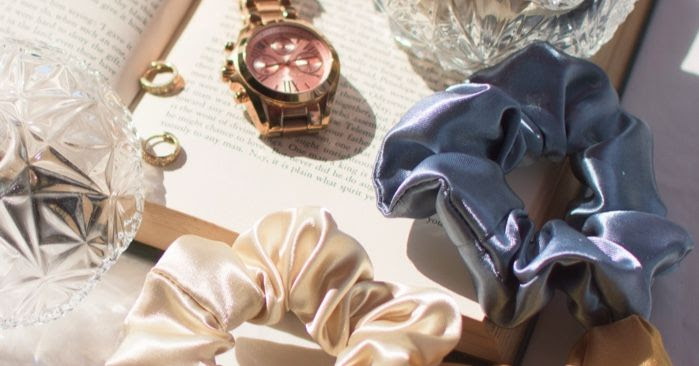
June, 1993. Claire is dumped in rural Indianola, Texas, to spend vacation taking care of mean, sickly Grammy. Indianola seems unremarkable, but Claire quickly realizes there’s something not right in this tiny town . . . Memories change. Lizards whisper riddles under the pecan trees. People disappear. And worst of all, a red-lightning storm from beyond our world may wipe the town off the map, if Claire and her maybe-girlfriend Julie can’t stop it. Surprising, brilliant, and full of all the 90’s references your Alanis Morissette-loving heart could want, Forget This Ever Happened is a sci-fi thriller at its finest, featuring an OwnVoices Queer romance and dark, dazzling world-building.
Everything old becomes cool again, and the 1990s are definitely no exception. While I definitely appreciate choker necklaces, mixtapes, and scrunchies, I’m even more excited to have YA books set in the ’90s that give me all the nostalgia from a bygone era. Whether you deem YA books set in the 1990s “historical” or not, there is undoubtedly a sentimental for many older YA readers.
The Miseducation of Cameron Post by Emily Danforth
Hours before her parents’ death in a car crash, Cameron Post kissed a girl. She’s forced to move in with her conservative aunt and grandmother in Montana, where blending in with this strict religious family is the key for survival. But when a beautiful cowgirl named Coley moves to town, feelings that Cam had pushed down start to emerge once more. Cam’s aunt sends her to conversion therapy to try to “fix” her niece, and Cam faces the struggle of what her religious community tells her and the truth that she knows deep down.
Fireworks by Katie Cotugno
The popularity of boybands and girlbands is one of the defining features of the 1990s. When a producer holds auditions for a new music group, Dana tags along with her best friend Olivia, ready to cheer her on for her audition and sing backup. When Dana is discovered along with Olivia, they both join the group and start training to be pop stars even though fame was the last thing on Dana’s mind. But there’s only room at the top for one girl.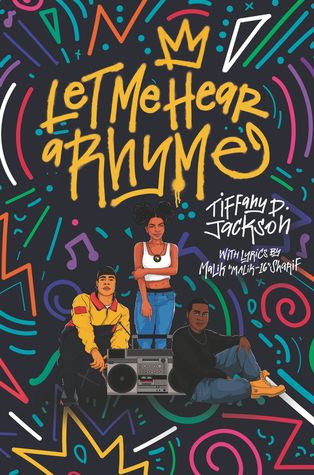
Let Me Hear a Rhyme by Tiffany D. Jackson
In 1998 Brooklyn, Quadir and Jarrell’s best friend, Steph, is murdered, but they aren’t about to let Steph’s music remain unknown and forgotten. Teaming up with Steph’s younger sister Jasmine, they hatch a plan to promote Steph’s music under the name the Architect and pretend he’s still alive. Before long, the Architect’s demo tape makes its way to a rap label, and the pressure to keep their secret grows for Quadir, Jarrell, and Jasmine. With everything riding on Steph’s fame, the trio is forced to reckon with Steph’s loss and learn that they knew less about his life than they thought.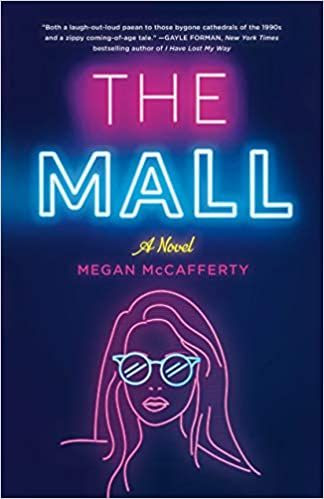
The Mall by Megan McCafferty
Cassie is looking forward to spending the summer of 1991 working at the Parkway Center Mall before she heads off to college in NYC in the fall with her boyfriend. Everything is part of The Plan. But The Plan is thrown away when Cassie comes down with a bout of mono that leaves her in the hospital for weeks. Soon she loses her job, her boyfriend, and her home life starts to disintegrate. Throughout it all though, Cassie finds unexpected friendships, love, and discovers that sometimes it’s okay when everything doesn’t go according to plan.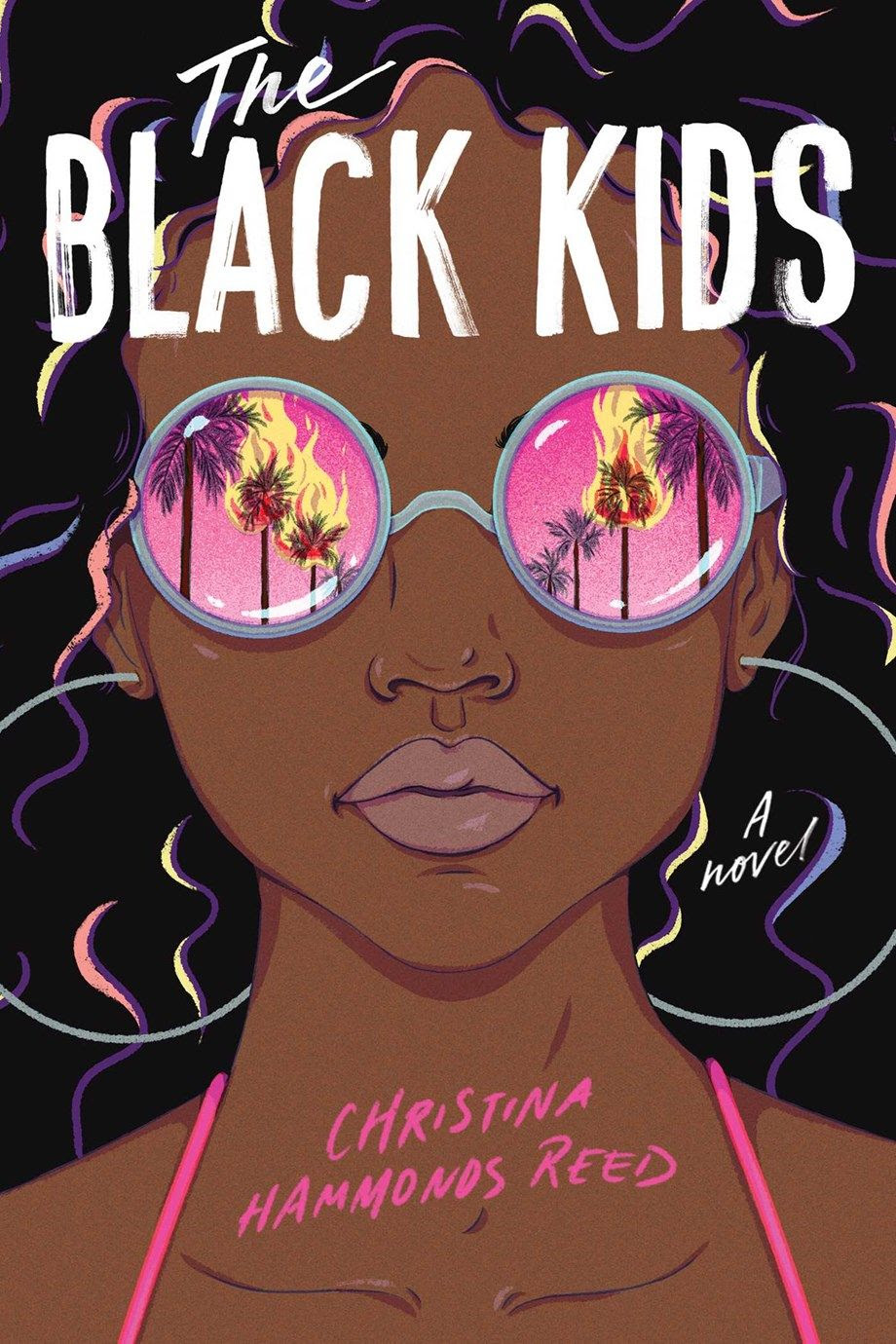
The Black Kids by Christina Hammonds Reed
In 1992 L.A., Ashley is finishing up her senior year of high school and looking forward to sunny days and a typical summer. But in April, four LAPD officers are acquitted after beating a Black man, Rodney King, half to death, and violent protests erupt all over L.A. Even as the city burns, Ashley tries to continue life as usual at her elite private high school, but she’s no longer just a pretty, rich girl; she’s one of the Black Kids now.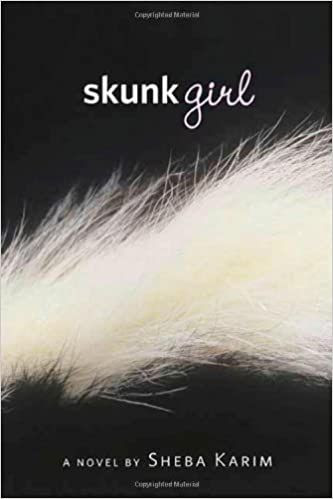
Skunk Girl by Sheba Karim
High school is tough enough, but when you’re the younger sister of a supernerd and the only Pakistani American girl in your mostly white class, it’s just a little bit harder, especially for Nina Khan. Nina’s parents encourage her to stay true to her Muslim values, and Nina wants nothing more than to keep them happy, but when Asher moves to Nina’s town from Italy, Nina becomes preoccupied with getting Asher’s attention and mustering up the courage to ask out the new Italian boy—regardless of what her parents might think.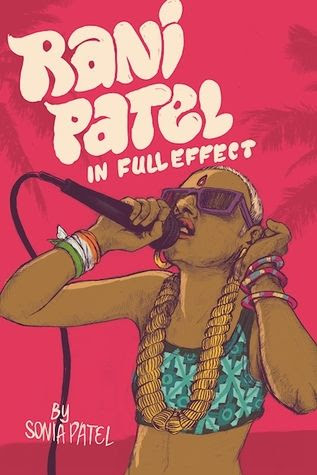
Rani Patel In Full Effect by Sonia Patel
Rani Patel lives with her Gujarati immigrant parents in a remote Hawaiian town, where Rani is isolated by her peers because of her strict culture. After Rani catches her dad cheating on her mom, she shaves her head and embraces her dream of starting a rap career. She’s helped along by the much-older Mark, who introduces her to an underground hip hop group—and other dangerous things she’s never done.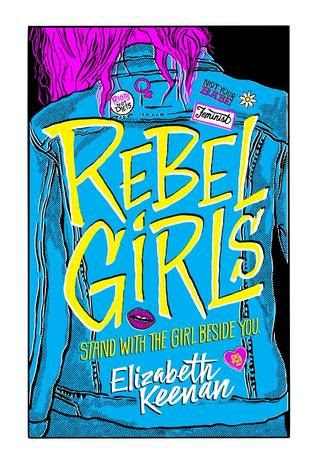
Rebel Girls by Elizabeth Keenan
Athena’s love of punk rock and her staunch feminist viewpoints don’t exactly help her fit in with the rest of her peers at her conservative Catholic high school, St. Ann’s. When a malicious rumor that Helen, Athena’s popular and pro-life sister, had an abortion over the summer, Helen risks getting expelled from St. Ann’s. It’s up to Athena and her sister to convince the rest of the school and the administration that it shouldn’t matter what Helen did or did not do—even if it risks Athena and her rebel girls getting expelled.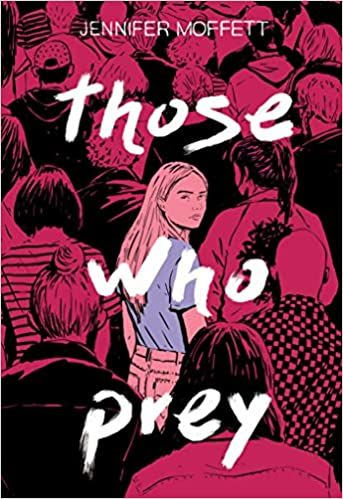
Those Who Prey by Jennifer Moffett
After her first semester in college, Emily expected to find friends and belonging, but unfortunately she found none of that. But the Kingdom, an exclusive campus group, finds her and offers Emily everything she wanted from her college experience, including friends and a missional internship in Italy. But the trip is much more than Emily ever bargained for when her disciplining partner turns up dead. Emily realizes that the Kingdom is not what she thought it was at all. It’s much more sinister and dangerous than she ever could have imagined.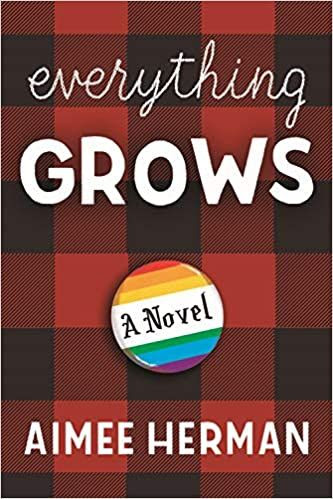
Everything Grows by Aimee Herman
Eleanor’s bully James died by suicide, causing a ripple effect in Eleanor’s life. When Eleanor’s teacher assigns a project for students to write a letter to someone who could never receive it to get their feelings out, Eleanor chooses James—the guy who bullied her, taunted her, spit on her, and even threw frog guts at her once. As Eleanor writes to James, she begins to understand herself better…and James, too.



